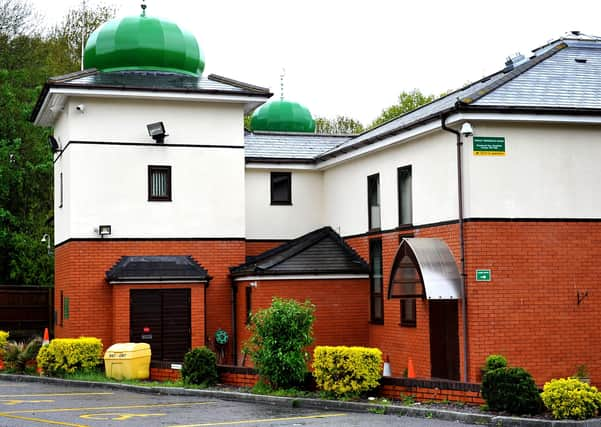Muslims urged to take extra care during Ramadan amid the coronavirus outbreak


The month-long religious festival began, in the UK, on April 23 and many members of the Muslim community will be fasting during daylight hours until the evening of Saturday May 23.
Official advice for people with Covid-19 symptoms is not to fast, and people with diabetes have been told to take medical advice.
Advertisement
Hide AdAdvertisement
Hide AdArif Syed, Chairman of the Crawley Mosque, said: “When it comes to fasting in the month of Ramadan, those whose health might be made worse by fasting, for example, people with diabetes or those struggling with Covid-19 are given the alternative of charitable giving and can consult their local Mosque for more information.”
Diabetes UK has said Ramadan can be a challenge for Muslims living with diabetes for whom the medical implications of undertaking a prolonged fast can be serious if not managed well. A statement from the charity said that as the coronavirus outbreak reaches its peak “the health challenge facing us all is extremely serious.”
Jill Steaton, South East Regional Head at Diabetes UK, said: “We recognise and respect that this is a very important time for Muslims around the world.
“This holy month in particular will be very different due to the Coronavirus outbreak and it is more important than ever that people with diabetes take care of their health.
Advertisement
Hide AdAdvertisement
Hide Ad“Those who do choose to fast need to take particular care as fasting for this length of time will increase the risk of their blood glucose levels rising or falling - which can be harmful to their health - and of them becoming dehydrated. “
People living with diabetes and thinking of fasting are advised to consult their GP, diabetes nurse or pharmacist - many are offering phone consultations.
They will outline the potential risks associated with fasting and may also be able to provide some useful tips on how to manage the condition during Ramadan.
Hannah Syed, Diabetes Lead Pharmacist at East Sussex Healthcare Trust, said: ‘This Ramadan it is important that we fast and pray at home to minimise the spread of Coronavirus.
Advertisement
Hide AdAdvertisement
Hide Ad“If you take regular medication, please speak to your doctor, nurse or pharmacist about managing your medicines during Ramadan. Remember we are here for you, and can often provide advice over the phone.”
Diabetes UK has a helpline for people who have any questions regarding diabetes, including fasting during Ramadan, on 0345 123 2399 or visit www.diabetes.org.uk/Ramadan